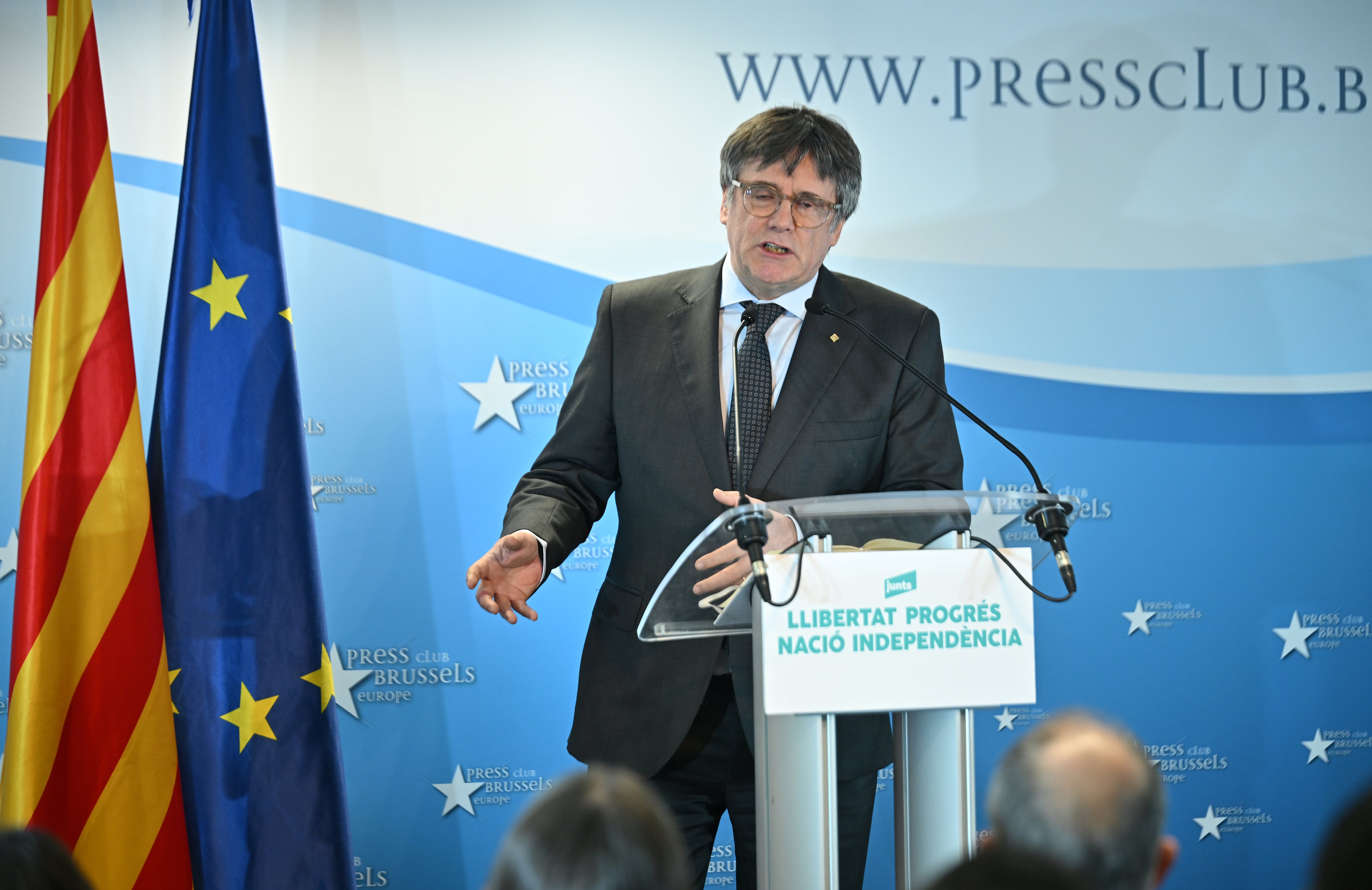Day reduction: social support, very strong enemies | Spain

Absorbed by him blackout, which occupies almost all space, The scene of power in Spain lives in Sordine a political and business battle in the background with direct consequences for 12 million people who would benefit from being able to work less hours for the same salary. This is the Reduction of the working day from 40 to 37.5 hours per week, The first change since 1983, when the government of Felipe González, who had taken him in his 1982 campaign as a great electoral promise, He lowered the day from 48 to 40, from six days to five. He did it taking advantage of his absolute majority and with the employer radically against, as now.
As happened with the labor reform of 2022, The final negotiation of the reduction of day comes with total skepticism. As then, despite the absolute conviction of Díaz, who always trusted to achieve an agreement and has the same position again with his new great milestone, very few in the world of political and business power believe he will leave.
Although there are two very important differences with 2022: the first, in the labor reform, at the last moment and when it seemed impossible, the employer decided to enter the agreement and agreed the reform with the unions and with Yolanda Díaz, already then Vice President and Labor Minister. This time the employer is out and maneuvering intensely, according to various political, business and union sources consulted, so that the reduction of day derails. And the second: that the Congress of 2022 was already difficult, but the 2025 is worse.
In 2022, when ERC and Bildu decided to get off the car and vote against the reform because, according to their arguments, it was not very ambitious, the PSOE called Citizens and UPN to take it out. There was a second option. And so he was going to leave, when the deputies of UPN – today in the PP – betrayed their party in the back, without warning, and agreed with the popular a maneuver to knock it down that failed at the last moment for an error of a PP deputy, Alberto Casero.
« The problem is that in this Congress there is no plan B. If PP, Vox and Junts add their votes to knock something down, you have no other option. In 2022 there were more outings, » summarizes a government member. Therefore, Díaz and his team are multiplying their contacts with Junts, which at the moment rejects the reform – has announced an amendment to the whole – but at the same time it is negotiating to change it. « You have to turn around, » Summary Fuentes de Junts, who do not rule out the possibility of an agreement. Socialist ministers are not entering at the moment to negotiate. Diaz and yours directly carries it. She talks to Carles Puigdemont, and then there are negotiating meetings of the teams of the two games. The fact of having negotiation is a sign that an agreement is not impossible, although the business pressure is so strong that several socialist ministers transfer their pessimism privately.
And Sánchez? In spite of all this skepticism, this Tuesday, when the reform arrived at the Council of Ministers, Díaz showed a great conviction in that he will go ahead. And the president, according to several of those present, transferred all his support and analyzed the effects not only social but also politicians of the reform. He explained that it would be a new milestone for the progressive government because it would improve the lives of millions of people in something that is direct, easy to understand, and permanent: although the PP now vote against, it is unthinkable that it later dared to reverse this reform when reaching the Moncloa.
It is precisely what an executive who lives huge political difficulties, which has a very precarious majority, generates a very strong rejection in broad conservative sectors and has its own electorate not especially mobilized. But at the same time these adverse surveys show that there is great support to all these measures, including the reduction of the day, also among conservative voters. Two out of three Spaniards support it, according to the 40DB survey. For the country and the SER chain. The young people especially. Only 25% of PP voters and 29% of Vox reject the measure.
Sánchez has given his instruction to his own to leave the negotiation in the hands of Díaz. When the definitive moment comes, and the vote of totality – the one that would knock the norm before entering to discuss it in Congress – will be close, it will be necessary to see how it is reached and if Junts wants any other letter in return in which the socialists have to intervene. At the moment, at the last meeting in Switzerland with the PSOE, in which as always talked about everything, Puigdemont was very reluctant to approve to be a reform, although it continues to negotiate, according to different sources.
In the PSOE they are pessimistic, but in the president’s environment they insist that as long as there is negotiation everything is possible and political pressure mechanisms must also be used. In fact, different members of the government consulted insist that if it does not come out, even if it is a hard political blow, especially for Díaz, since it is their star measure, we will have to work so that millions of Spaniards know that they could have worked less if the PP and Junts had supported it. If you fall, they point out, you can try again. « The debate is already open. The reduction of the day will arrive, if it is not this time it will be next. The world is going there. Now you have to move well to try to get out this time, » says a minister. « This debate is won on the street, » Diaz summarized this week. But now it is time to win it in Congress, and above all to convince Junts, because the PNV is launching much more positive messages.
This debate also comes in the middle of the internal war in the employer for the control of Cepyme, the powerful employer of the small and medium enterprises. Precisely for this political and business play is Pimec key, which represents small businesses in Catalonia and is a rival of Cepyme. Pimec greatly influences together. Díaz seeks to find sufficient incentives, especially through financial aid so that small businesses can support adaptation to this new working day and other possible benefits to soften the Pimec position and with it from Junts. The business battle is also political: Isabel Díaz Ayuso has entered fully to support Gerardo Cuerva, leader of Cepyme and rival of Antonio Garamendi, president of CEOE, who this Saturday in the country criticized Diaz and Pedro Sánchez while applauding the Madrid president. In this complex cross between politics and company, the key is to know what role Pimec wants to play and with it together in a key decision for 12 million workers. The negotiation is open. The enemies of the reduction of day are powerful. But social support too.








